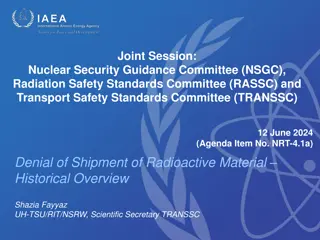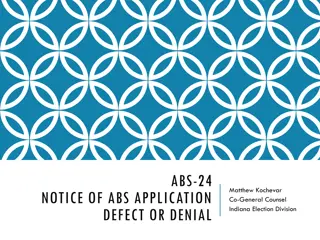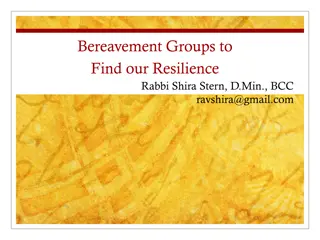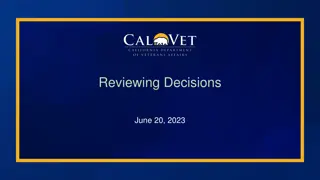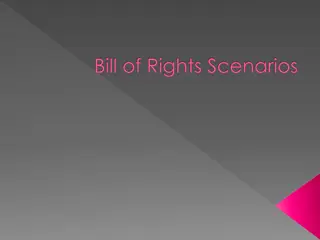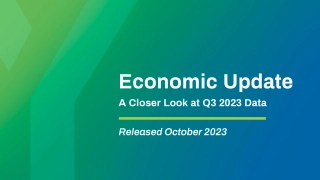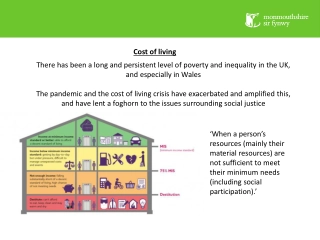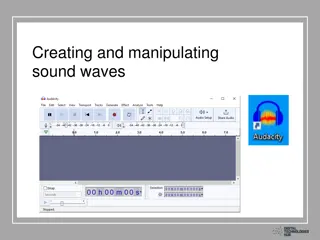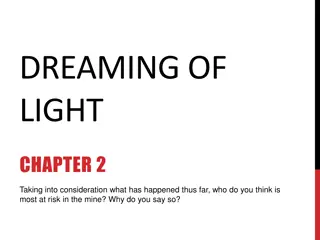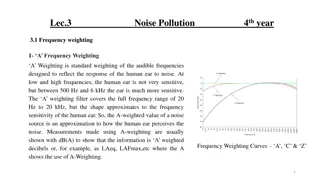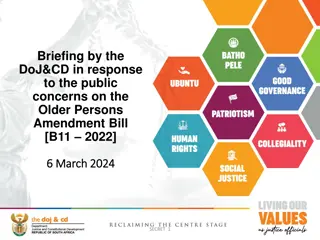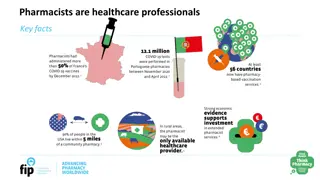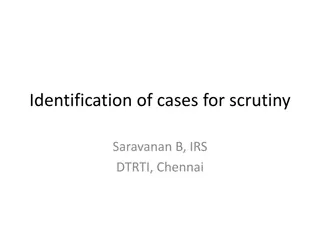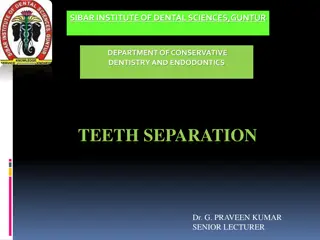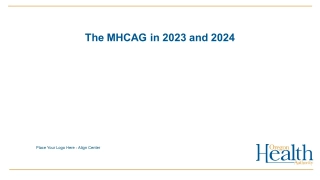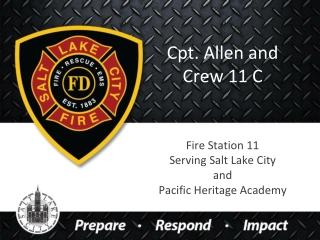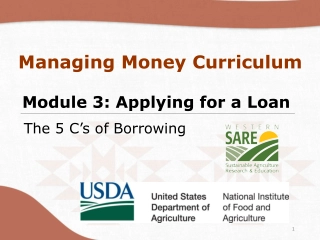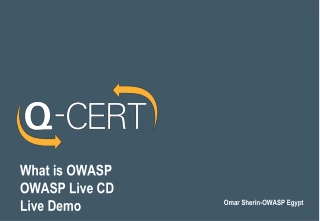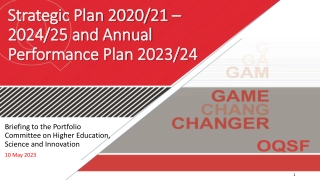A Closer Look at Denial.
Explore the depths of denial with insights from Bob Carty, LCSW, CADS, and Shawntrell Moore, MA, LCPC, CADC. Delve into denial patterns, trauma's impact, and strategies to identify and reduce denial in individuals facing addiction. Uncover the progressive nature of denial and its expansive reach beyond substance use. Neuroscientific perspectives shed light on the brain's response to trauma and the development of denial.
Download Presentation

Please find below an Image/Link to download the presentation.
The content on the website is provided AS IS for your information and personal use only. It may not be sold, licensed, or shared on other websites without obtaining consent from the author. Download presentation by click this link. If you encounter any issues during the download, it is possible that the publisher has removed the file from their server.
E N D
Presentation Transcript
1 A Closer Look at Denial BOB CARTY LCSW, CADC SHAWNTRELL MOORE, MA, LCPC, CADC
2 Introductions Co-Trainers Participants Poll
3 Learning Objectives Explain key concepts related to denial Describe trauma s impact on denial Examine Gorski s denial patterns Discuss how family members and counselors may experience denial Identify strategies and interventions to recognize and reduce denial
4 What Is Denial? Often initially described as lying to oneself and others -- seems to imply a conscious process Denial is also an unconscious, psychological defense that is triggered by a perceived threat, activating certain thoughts and behaviors
5 The D s of Denial D-words related to denial Disbelief Distortions Deception Distractions Discrepancies Delusion
6 Key Concepts Progression of denial Its expansive nature Neuroscience of denial
7 Progression of Denial If addiction is progressive, consider that denial is also progressive Greater denial is needed to block out escalating devastation The more that one s life is out of control, the more one needs to prove to oneself and others that everything is OK
8 Jellinek Chart
9 Its Expansive Nature As denial increases, it expands to areas other than one s substance use Any perceived criticism and judgment may trigger defenses within the person with advanced addiction Lying about unimportant things
10 Sam s Story
11 Neuroscience of Denial Trauma Response Pre-frontal cortex to Amygdala Findings from Jamie Marich Trauma responses: emotional numbness, difficulty focusing, distractability, etc.
12 Denial in Treatment Entering treatment does not end denial; but may even enhance this unconscious, psychological defense This leads to: Hiding behind a false sense of being in control Comparing oneself to others who may have more severe problems
13 Denial Patterns
14 Gorski s Denial Patterns Avoidance Absolute denial Minimizing Rationalizing Blaming Comparing Compliance Manipulating Flight into health Recovery by fear Strategic hopelessness Democratic disease state
15 Avoidance Defocusing from one s substance use When others try to raise this issue, the person typically responds by changing the subject or by getting angry to shut down the discussion Avoidance can occur in response to direct questions during intake sessions
16 Minimizing May be conscious or unconscious Individual tends to lessen his/her report regarding Frequency of use Amounts used Consequences of use
17 Blaming Allows the individual to avoid responsibility for one s substance use disorder Others are the reason for one s use If you had a spouse like mine, you would drink too I got a DUI again because the cops are out to get me Others?
18 Compliance Individual seems to go along with what is requested, but shows no real change Promises to stop drug use are made, yet the person simply tries to hide the drug use better These promises get the heat off for a while Some clients are stars in treatment and end up relapsing shortly after discharge
19 Flight into Health Some clients are pleased to feel better physically and emotionally in early recovery As they feel better, they think that they do not need to: Continue counseling Attend meetings Maintain contact with supportive peers in recovery
20 Strategic Hopelessness People with multiple recovery attempts may conclude that their situation is hopeless, instead of trying new ways to get and stay sober May lead to fighting off efforts of others to help them May even ask others to simply leave them alone
21 Small Group Exercise In groups of 2-4 people with one reporter Select one of the two clinical summaries Discuss these questions: Which of Gorski s denial patterns are present? How would you address these denial patterns in treatment?
22 Unaddressed Denial Discussion Question: If denial is not addressed in treatment, how does that impact early recovery following discharge?
23 Denial by Others
24 Denial by Family Enabling (rescuing, ignoring problems, buying the alcohol, etc.) Trauma bonding Guilt and shame Keeping secrets (cultural)
25 Denial by Counselors Denial can interfere with the countertransference process Responses that look like denial Fight, Flight, Freeze, Fawn Factors fueling denial upward mobility, fear of being written up, etc.
26 Counselor Example Large group exercise Review the summary What patterns of denial do you see?
27 Methods to Reduce Denial
28 Clinical Strategies Educate clients on both conscious and unconscious elements of denial Encourage clients to decrease conscious forms of denial helping them to catch themselves lying Help patients to identify which ones of Gorski s denial patterns they use, thus increasing self-awareness
29 Motivational Interviewing Techniques include open-ended questions, affirmations, reflective listening, and summarizing These help to Promote clinical engagement and trust Develop discrepancy, which uncovers denial and ambivalence Enhance motivation to change
30 Johari Window Useful tool to reduce blind spots and hidden areas of oneself
31 Transcranial Magnetic Stimulation Therapy What is TMS? Its benefits Findings from studies
32 TMS Continued
33 Writing Assignments Tools to help deepen self- awareness List of pros and cons to change Step One worksheets Letter to one s substance use disorder or to self
34 Naming Fears As denial is triggered by perceived threats, it s valuable to help individuals see what they fear Fear of change/unknown Fear of losing friends Fear of missing out (FOMO) Fear of trusting others Fear of failure
35 Contact Info Bob Carty, LCSW, CADC bobcarty67@gmail.com (224)456-5147 Shawntrell Moore, MA, LCPC, CADC smoor15@gmail.com (217)816-1154
36 Closing Comments


